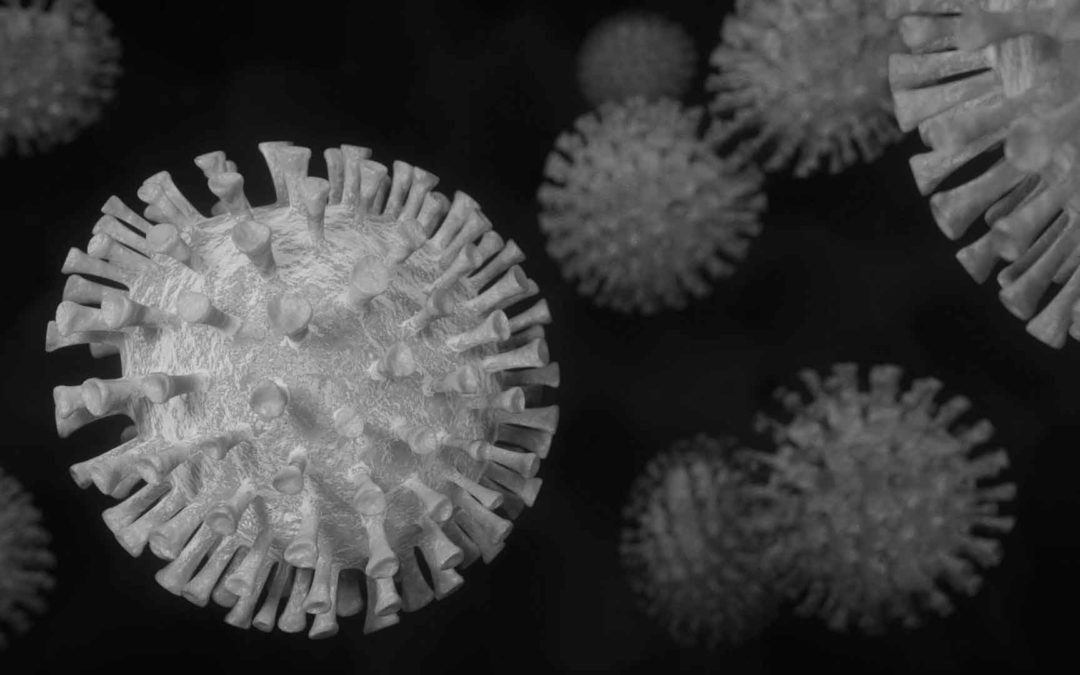The NSF’s Rapid Response Research (RAPID) program funds proposals that require quick-response research on disasters and unanticipated events. What the researchers find could help inform the design of campaigns to enhance communication of accurate information and decrease misinformation during times of crisis. New facts about coronavirus emerge daily, from how infectious it is, to how best to prevent transmission, to which treatments have the greatest chance of success. To keep up with the constant influx of news, people rely not only on the media but on their social networks. To read the full story.

